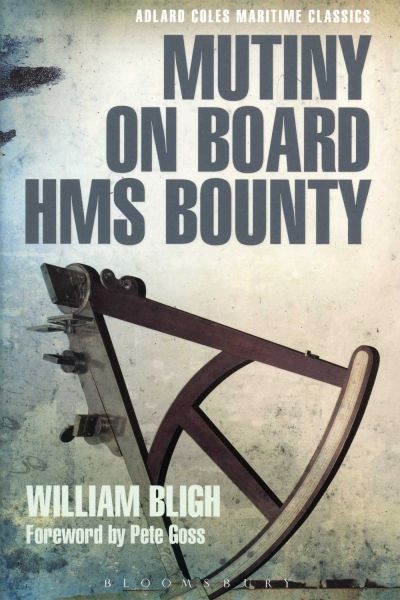For Ireland, the year 1798 saw a major rebellion breaking out against rule from London, a time in which Britain was in its fifth year of a hard-fought war against revolutionary France. Set in motion by the Society of United Irishmen, an underground organisation with links to Paris, the rebellion was eventually crushed by an overwhelming force of arms. In this new, dramatic account, Philip MacDougall shines a light on a little covered aspect of this history: the United Irish plot to capture a number of British warships and the planned use of those vessels in support of the rebellion that broke out in 1798. The means by which those ships were to be taken, not by direct external attack but by mutinous intrigue directed from on board, is fully explored. While ships blockading the French port of Brest returned to re-victual in Cawsand Bay, with many of the officers on shore leave, it was an ideal time for the plotting of mutinies. United Irishman alongside English and Scottish republicans could safely mix with those on other ships to develop a unified strategy. This book offers a micro study of how the planned mutiny plot developed and was co- ordinated. Personalities, cliques and idealists are seen as taking leading roles, with attention given to the motivating issues that lay behind those risk takers who knew that failure would result in likely hanging from the yardarm. Based on research from the National Archives, contemporary newspaper reports and the detailed hand written minutes of the courts martial held upon those identified as rebel leaders and some of their supporters (containing the actual words of the people of the lower deck) this is a full and balanced account of the plot which, if successful, would have re-written history.
ISBN: 9781399044592
Format: Hardback
Author(s): Philip MacDougall
First Publishment Date: 18 June 2024








